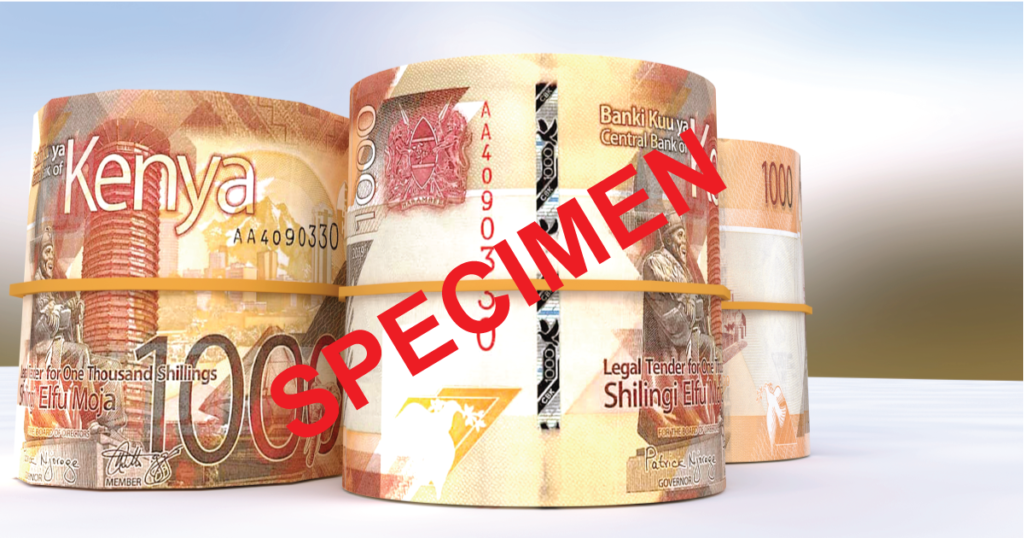Buying property from an auction can be a great way to get a good deal on your dream home or investment. Whether it’s a house, piece of land or commercial auction property, you’re likely to get lucky at an auction. But there’s a lot of work that goes into preparing for the bidding process. It can also be a complicated process that’s fraught with risk. To help you avoid common pitfalls, check out this list of tips. Keep them in mind before bidding on repossessed or seized properties at an auction.
Table of Contents
Process of Buying Property From an Auction
1. Research Properties and Auctioneers in the Area

If you’re considering buying property from an auction, it’s important to do your research. First, ensure the listing is from a credible portal that advertises auction properties to avoid scams. Next, there are a few things you’ll need to keep in mind. They include; the type of auction you’re attending (public or private), the rules and terms of the auction, and what kind of property is being offered. It’s also a good idea to have a realistic budget in mind. A budget ensures that you don’t end up spending more than you can afford.
By knowing what kind of property you’re interested in, you can estimate the market value for that type of property. This will help you determine how much you’re willing to spend during the auction. It’s also a good idea to familiarize yourself with the auction process before you attend one. That way, you’ll know what to expect and won’t be caught off guard by anything that happens.
Doing your research ahead of time will help you find a great deal on the property you want.
2. Set a Budget and get Financing

Before buying property from an auction, you need to know your limits. Don’t get caught up in the excitement of the bidding and end up spending more than you can afford. Have a budget in mind and stick to it. Don’t let the other bidders intimidate you into spending more than you’re comfortable with. It’s also important to have realistic expectations; auction properties can be sold as-is and may sometimes need repairs. By knowing your limits and with a little preparation, you will be able to successfully navigate the world of auction properties and come out ahead.
READ ALSO: A Beginner’s Guide to Mortgages When Buying a House
3. Look Into The Location and Surroundings

When considering a property at an auction, it’s important to research not just the property itself, but also the location and surrounding area. Is the neighbourhood safe? What is the quality of the schools around? What are the nearest hospitals? Is there a fire station? How close is the property to shopping and other amenities?
All of these factors can affect both the immediate and long-term value of a property, so it’s important to have as much information as possible before making a bid. You should also consider things like government regulations and development restrictions that could impact the future value of the property.
READ ALSO: Why Location is Important to a First-Time Homebuyer
4. Inquire About The Minimum Bid

The first thing you need to find out when considering attending a property auction is how much the minimum bid will be. This is important because you don’t want to waste your time bidding on a property that is out of your price range. The minimum bid is usually set by the auctioneer and is based on the reserve price set by the seller. If there are multiple bids on a property, the auctioneer will start the bidding at the minimum bid and increase the amount incrementally until there is only one bidder left.
Knowing the minimum bid before attending the auction, gives you a rough idea of how much money you’ll need to bring with you or commit in the beginning.
5. Go In Knowing – What’s An Acceptable Offer?

If you’re interested in buying property from an auction, one of the first things you need to know is what’s an acceptable offer. Many people think that the highest bidder always wins, but that’s not always the case. Sometimes, the person with the highest bid isn’t the one who walks away with the property.
There are a few factors that come into play when determining what’s an acceptable offer. The most important factor is usually the reserve price. The reserve price is the minimum amount that the owner of the property is willing to accept for it. If your bid is below the reserve price, then it’s unlikely that your offer will be accepted.
Another factor that can affect whether or not your offer is accepted is the type of auction. Some auctions are “absolute” auctions, which means that the highest bidder wins no matter what. Other auctions are “reserve” auctions, which means that the highest bidder only wins if their bid is above the reserve price.
If you’re interested in buying property from an auction, make sure you know what’s an acceptable offer before you start bidding. Otherwise, you could end up paying more than you intended to or walking away empty-handed.
READ ALSO: 4 Reasons Why Hiring a Property Advocate is Essential
What is the Auction Fee in Kenya?
When buying property, buyers are responsible for covering various costs known as transaction costs. These expenses arise during the process of acquiring a property and can include fixed fees as well as costs that vary depending on factors such as the property’s location, type of real estate, required documents, and fees charged by chosen professionals, including commission fees.
In the case of an auction, there are various costs associated and are covered under the regulation of the auctioneering business, including licensing and practices, governed by the Auctioneers Act and the Auctioneer’s Rules. These rules outline the guidelines for auctioneers’ charges in various scenarios such as attachment, repossession, and distraint. Specifically, paragraph 4 of Part II of the Fourth Schedule sets the standards for the charges and expenses that auctioneers can impose in these situations.
Conclusion
Auctions can be a great way to get a deal on a property, but there are some things you need to know before you jump in. Our tips will help you understand the process and make sure you get the best possible deal on your new home. Always remember to do your research, know your budget, ask questions, and don’t be afraid to negotiate. With these tips in mind, you’ll be ready to take advantage of auction properties and get the home of your dreams. Have our tips made the topic easier for you? Check out our latest auction property listings. Feel free let us know if you have any extra tips we left out in the comments section below.



